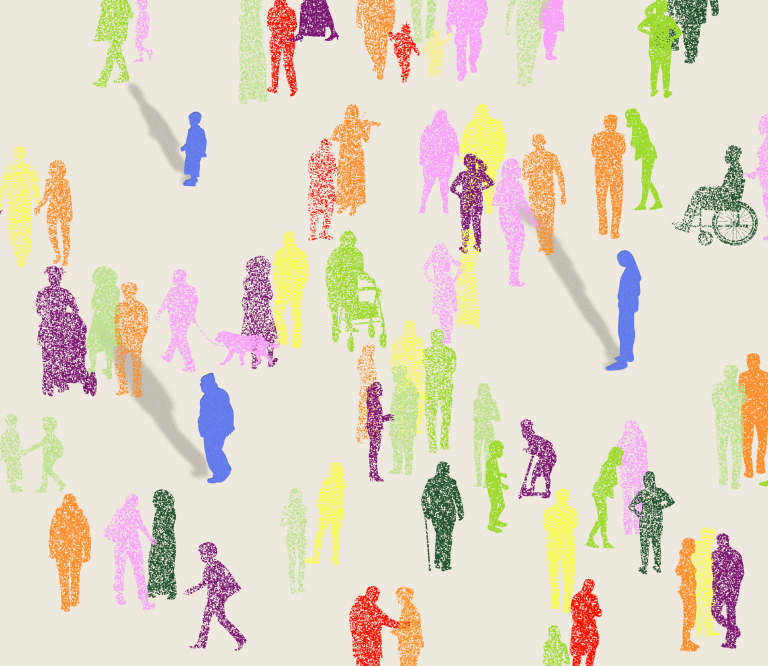Interview with Dr. Lucina Uddin (Humans of Neuroscience)
- Simply Neuroscience
- Dec 29, 2022
- 2 min read

Dr. Lucina Uddin, Ph.D., is an Associate Professor in the Department of Psychology at the University of Miami. Dr. Uddin is also the Director of the Cognitive and Behavioral Neuroscience Division and Director of the Brain Connectivity and Cognition Laboratory. Her current research uses fMRI and diffusion tensor imaging data to understand the organization of attention and social cognition large-scale brain networks, especially in application to social information processing in neurodevelopmental disorders like autism. Dr. Uddin received her B.S. in Psychology and Neuroscience as well as her Ph.D. in Cognitive Neuroscience from the University of California, Los Angeles. She then completed her postdoctoral training in New York University School of Medicine’s Child Study center. Before her time at the University of Miami, Dr. Uddin taught for three years in Stanford University’s Psychiatry & Behavioral Science department.
What did you want to be when you grew up?
I always figured I would go to medical school, since that is often the expectation for South Asian children of immigrants. It wasn’t until my senior year of undergraduate studies that I realized I had no interest in pursuing a career in medicine.
Have you experienced any barriers or obstacles in your neuroscience and/or psychology journey?
I applied for faculty positions for five years in a row before finally securing my current position. It’s hard not knowing when or if you will ever have the opportunity to start your own lab.
What is a typical day in your career?
A typical day usually involves multiple meetings (with students, collaborators, faculty, and committees), with a little bit of time left over for working on manuscripts and grants.

What were some of your happy times and memories in neuroscience and/or psychology?
My best memories in psychology and neuroscience usually involve meeting up with friends, colleagues, and collaborators from all over the world at international conferences. I always come away from those meetings with renewed enthusiasm for tackling the hard problems in the field.
What are the hardest parts of your work?
The hardest part of the work of being a scientist is the uncertainty. You never know if a particular study is going to work out, whether you will get the next grant, or how your work will be received once it is eventually published. Working under those conditions requires a high level of tolerance of uncertainty.
Please note that this interview was conducted in 2019. We have recently reformatted and made minor clarity edits to publish on the Simply Neuroscience Blog!











Comments